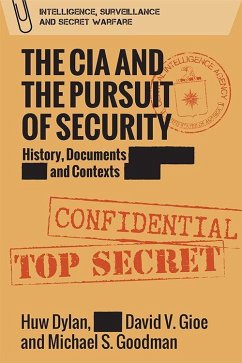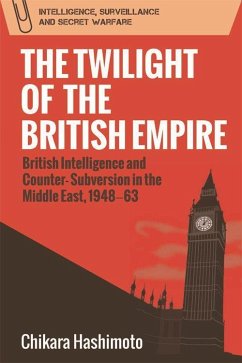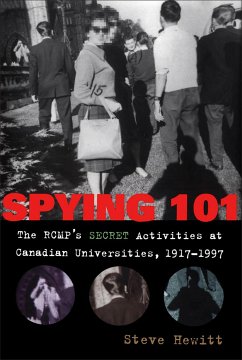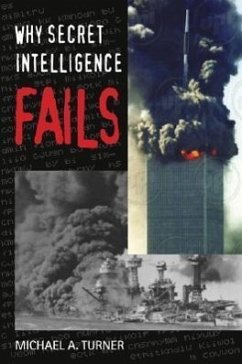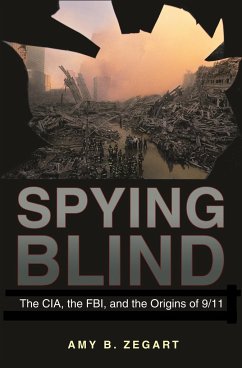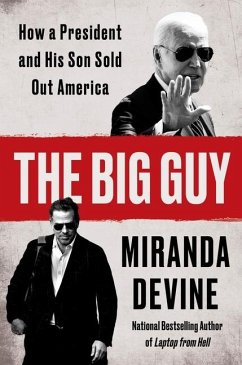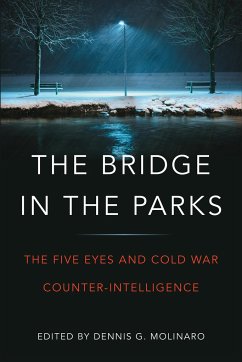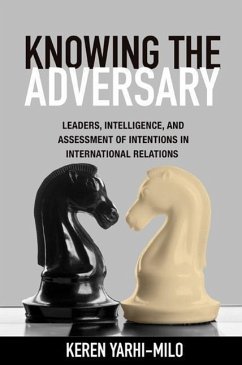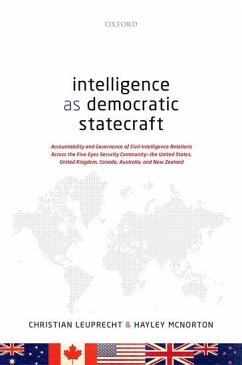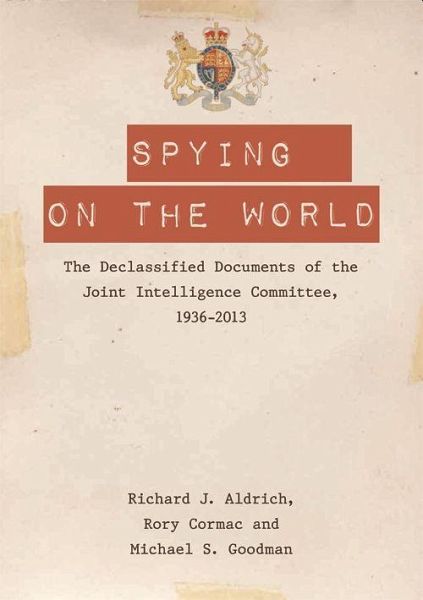
Spying on the World
The Declassified Documents of the Joint Intelligence Committee, 1936-2013
Versandkostenfrei!
Versandfertig in über 4 Wochen
126,99 €
inkl. MwSt.

PAYBACK Punkte
63 °P sammeln!
A fascinating documentary history of the role of intelligence in key twentieth and twenty-first Century events For more than half a century, the Joint Intelligence Committee or 'JIC' has been a central component of the British Government's secret machinery, representing the highest authority in the world of intelligence and acting as a broker between the realms of the spy and the policy-maker. Today it has a remarkably high profile, partly as a result of the intense controversies surrounding the Iraq War and Weapons of Mass Destruction. Despite this, its workings remain little understood. This...
A fascinating documentary history of the role of intelligence in key twentieth and twenty-first Century events For more than half a century, the Joint Intelligence Committee or 'JIC' has been a central component of the British Government's secret machinery, representing the highest authority in the world of intelligence and acting as a broker between the realms of the spy and the policy-maker. Today it has a remarkably high profile, partly as a result of the intense controversies surrounding the Iraq War and Weapons of Mass Destruction. Despite this, its workings remain little understood. This book reveals the declassified papers of the JIC, shining a light on the workings of Whitehall's secret world and the vital, previously unknown, role played by intelligence in pivotal events across the twentieth and twenty-first centuries. Key Features . 20 case studies explore the role of intelligence in foreign and defence policy, showing how the JIC influences the government's policy responses to particular situations . Each study reproduces an original intelligence assessment or report together with a contextualising introduction and explanatory footnotes . Essential reading for students and academics researching contemporary international history and government policymaking processes Richard J. Aldrich is Professor of International Security at the University of Warwick and Director of the Institute of the Advanced Study. His books include GCHQ: the Uncensored Story of Britain's Most Secret Intelligence Agency (Harper Collins, 2010). Rory Cormac is a lecturer in international relations at the University of Nottingham. He is the author of Confronting the Colonies: British Intelligence and Counterinsurgency (Hurst, 2013). Michael S. Goodman is a Reader in Intelligence and International Affairs in the Department of War Studies, King's College London. He is currently on secondment to the Cabinet Office where he is writing the Official History of the Joint Intelligence Committee



